Iran is facing growing popular discontent in Iraq despite its strong influence and strategic and sensitive role
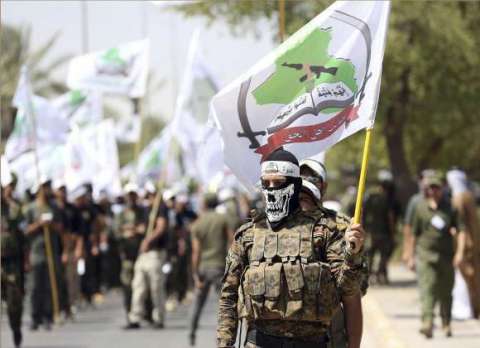
Baghdad- (AFP)
– Iran is a major strategic player in Iraq on all axes, but it finds itself today forced to deal with the discontent of many with the approach of early legislative elections in a country witnessing sharp division, according to experts.
The sensitive role that Tehran plays in Iraq is embodied in its alliances with major political entities and its support for the Popular Mobilization Forces, which include factions loyal to them and have become part of the government security forces.
Economically, Iraq relies heavily on importing energy from Iran, which is subject to the pressure of US economic sanctions. It is also the second importer of Iranian goods. Iranian-made and cheap cars fill the streets of Baghdad and most Iraqi cities, while Iranian products are spread in most commercial centers.
In this context, experts believe that the legislative elections scheduled for October 10 will not succeed in bringing about any change, and the “biggest challenge” for Tehran today will remain to restore popular confidence in Iraq.
Iraqi researcher Marcin Al-Shammari believes that “one of the things that worries Iran in Iraq is the general feeling of resentment” of Iranian influence, adding, “Iran did not expect that, and this is something new for it to deal with.”
Resentment against Iranian influence was evident during the popular protests that shook the country in October 2019, calling for political reforms, fighting corruption and improving services in the country, during which the demonstrators expressed their anger towards Tehran, accusing it of being the architect of the political system in Iraq.
– ‘Strategic relationship’ –
Anger escalated toward Iran, especially after the bloody suppression of the “Tishreen” protests, which left nearly 600 dead and about 30,000 wounded. Activists accused “armed groups”, in reference to Iranian-backed Shiite factions, of being behind that campaign, which the factions deny.
Researcher Renad Mansour from the Chatham House think-tank explains in an interview with AFP that “Iran has lost a large part of its Shiite base in central and southern (Iraq), after it believed for a long time that it would maintain a loyal base there.”
The researcher adds that “many parties allied with Iran are facing more difficulty in maintaining their popularity.”
Many Al-Hashd al-Shaabi candidates succeeded in entering parliament in the 2018 elections, which witnessed an unprecedented boycott rate, motivated by the victories that the Popular Mobilization participated in achieving against the Islamic State.
Today, they seek to win more seats in the House of Representatives, but experts doubt their ability to achieve this.
In a television interview in September, Ahmed al-Asadi, a prominent figure in the Hashd’s parliamentary bloc and a candidate for the upcoming elections, expressed the importance of the relationship with Tehran from the point of view of its loyal factions, saying that “our relations with the Islamic Republic are not a nascent relationship, they are a strategic one.”
He added, “It is not a relationship of dependency, nor a relationship of bias, it is a strategic relationship based on a balance between the interest of Iraq and the interest of the Islamic Republic.”
This was supported by Muhammad Mohi, a spokesman for the Hezbollah Brigades, the most prominent faction of the Popular Mobilization, telling AFP in this regard, that “the relationship is positive for the benefit of the Iraqi people and should be strengthened.”
He added, “We have not witnessed any negative interference from the Islamic Republic in Iraqi affairs, and it is usually on the side of the Iraqi people’s choices and does not object to any positive choices of the Iraqi people.”
On the other hand, he pointed out that the “priority” of the crowd’s candidates in their efforts in Parliament is “providing public services, completely restoring infrastructure, and building the educational and health system as well as the security infrastructure.”
At the same time, he raised another main goal on the “security and strategic level, which is the removal of American forces from Iraq, the completion of sovereignty and the strengthening of the security forces,” as the United States is the other powerful force in Iraq and seeks to combat Iranian influence in the country.
– “behind the scenes” –
In a country where alliances shift after the elections, negotiations aimed at forming a government are more important than elections and the distribution of seats in the government.
Therefore, observers and diplomats fear that violence will occur if the pro-Iranian factions, for example, want to pressure to ensure the representation they aspire to in the government.
Iraqi political analyst Ali Al-Baydar believes that the pro-Iran factions are “trying in a serious and real way to establish themselves and dig their roots deep in the womb of the political process and in successive governments.”
He explained that the factions “work intensively to be present in various sectors, such as diplomatic, cultural and sports aspects”, to change the Iraqi street’s view of them as “they cannot exist outside (the framework) of the security and military system.”
However, in a country where the crystallization of political alliances within parliament usually takes a large space after elections, the consultations regarding the formation of the government will be the main file in the next stage.
Heib Hegel, a researcher on Iraq in the International Crisis Group, considers that Tehran will search for “a prime minister that it can work with and who is acceptable to its program.”
“Usually, a compromise candidate is not a bad option” because it is the equivalent of a “weak prime minister,” she added. In this case, Hegel believes that Tehran can “work either directly with his office, or at least with other actors around him.”
In this regard, Mansour asserts that “the focal point will be the deals that take place behind the scenes to form the government,” adding that “in this process, Tehran has historically played a major role. Iran has proven to be the most influential external player when it comes to forming a government in Iraq.”


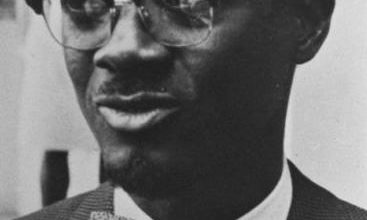
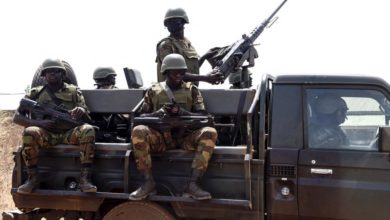
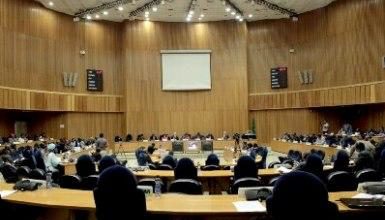
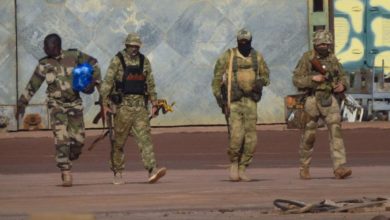
Go ahea